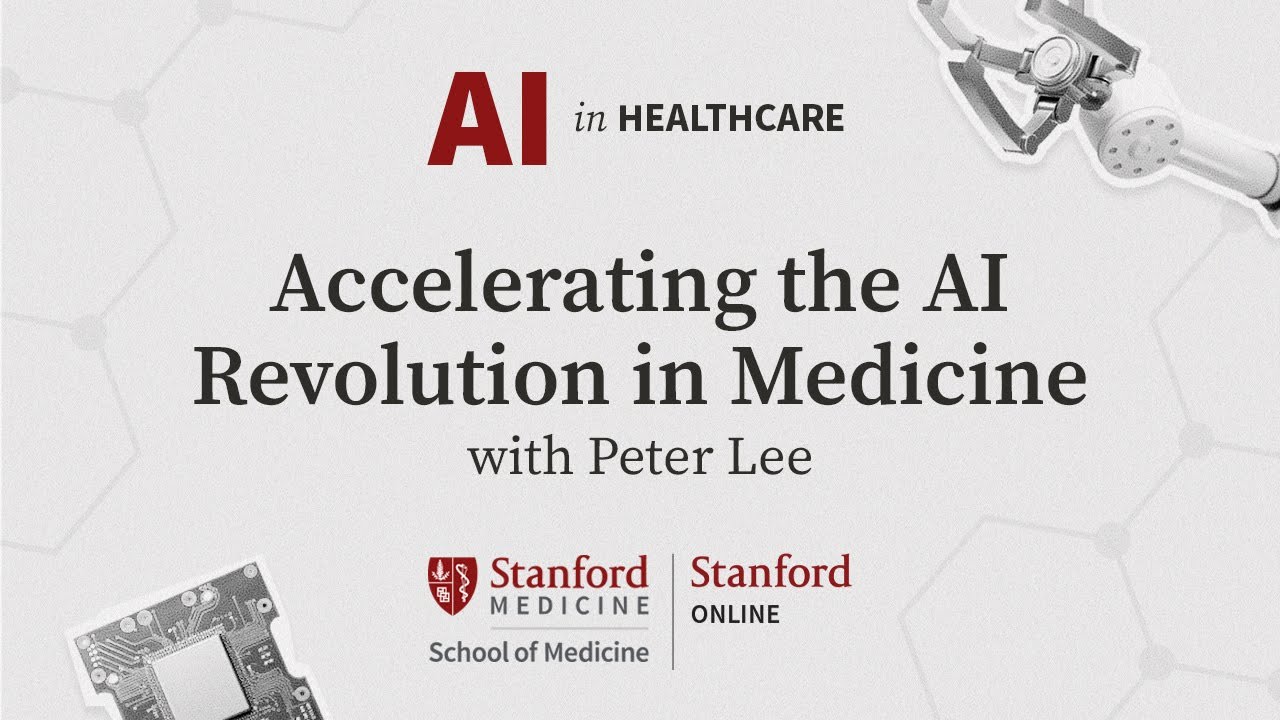In the podcast, Peter Lee discusses the transformative potential of AI in healthcare, emphasizing advancements in AI reasoning, collaborative agents, and real-world applications like Microsoft’s healthcare orchestrator to enhance clinical decision-making and reduce provider burden. He highlights challenges in evaluating AI’s practical utility, ethical considerations, and the need for alignment with healthcare incentives, predicting AI’s inevitable integration into medicine that will reshape specialties and improve patient outcomes.
The podcast episode features Peter Lee, President of Microsoft Research, discussing the rapid advancements and implications of artificial intelligence (AI) in healthcare. Lee, with a rich background including leadership roles at DARPA and Carnegie Mellon University, shares insights on the evolving landscape of AI models, particularly focusing on the recent launch of Grok and its performance benchmarks. The conversation highlights the shift from pre-training large AI models to optimizing post-training and inference-time compute, emphasizing the growing importance of reasoning capabilities and collaborative AI agents in medical contexts.
A significant portion of the discussion centers on the challenges and opportunities in evaluating AI models in healthcare. Traditional benchmarks, while useful, may not fully capture the practical utility of AI as collaborators in clinical settings. The hosts and Lee explore the analogy of AI as an intern or assistant, stressing qualities like good listening, asking the right questions, and learning from experience. They also touch on the limitations of current models, such as memory and proactive engagement, and the potential for reinforcement learning to enhance AI’s ability to complete complex medical tasks efficiently and accurately.
The episode delves into real-world applications, including Microsoft’s healthcare agent orchestrator, which facilitates tumor board meetings by integrating multiple AI models to support clinical decision-making. Despite current limitations, such as the AI’s passive role in conversations, this represents a step toward more interactive and equal AI collaborators in healthcare. The discussion also addresses the slow adoption of AI at the bedside, noting that while research advances rapidly, practical implementation in clinical care remains in early stages, with ambient clinical documentation and note-taking tools showing promise in reducing provider burden.
Economic and ethical considerations are also examined, particularly in the context of ambient AI tools that assist with clinical documentation and coding. Lee recounts a personal anecdote illustrating how documentation can be influenced by coding incentives, raising questions about the role of AI in potentially improving accuracy and reducing fraud. The conversation acknowledges the dual nature of AI’s impact on healthcare economics—offering both opportunities for efficiency and risks related to misuse or unintended consequences. The importance of aligning AI tools with quality measures and healthcare incentives is emphasized as a critical factor for widespread adoption.
Finally, the hosts reflect on the broader implications of AI for the future of medicine, including the potential transformation of medical specialties. They debate whether AI will empower generalists with superhuman capabilities or lead to new forms of specialization. The conversation underscores the inevitability of AI integration in clinical practice within the next few years, driven by patient demand and technological progress. Lee promotes ongoing thoughtful engagement with these challenges, highlighting the need for smart, collaborative approaches to harness AI’s full potential in improving healthcare outcomes while managing risks and burdens on providers.
